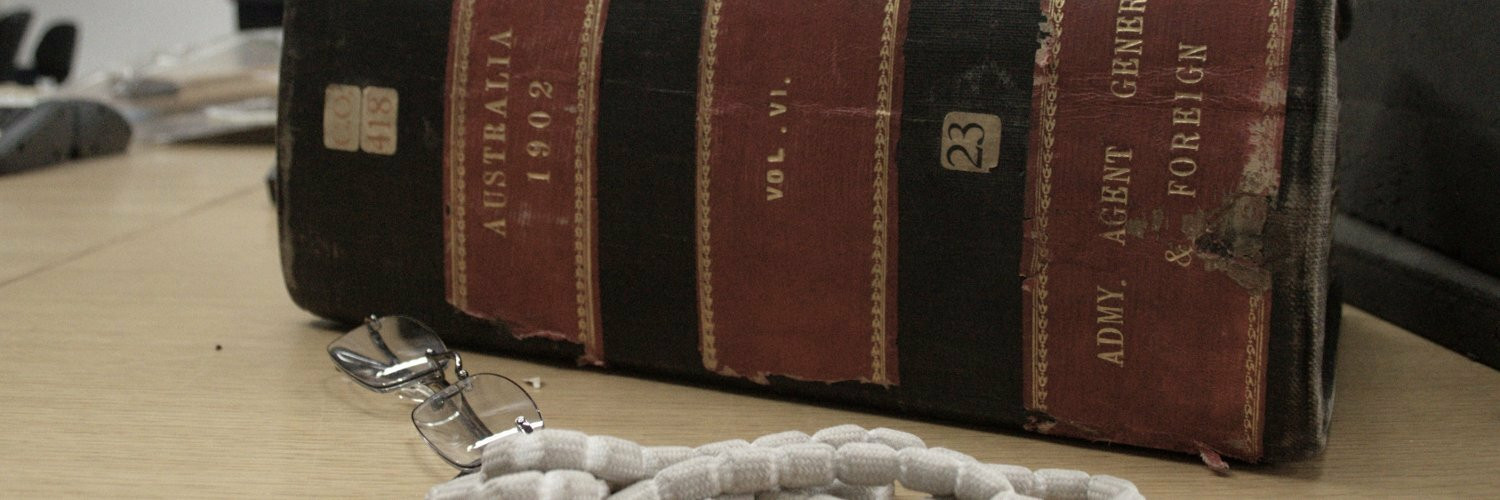
Assistant professor of history & #histodon. Research race and whiteness in the British Empire (especially Queensland & British Columbia). Teach European & world history with a focus on colonialism & empire.
Previous careers include teaching English as a foreign language and a variety of IT jobs (from Web dev to pulling cables).
Linux geek & SF nerd.
Views my own and probably ill-informed.
He/him.
This profile is from a federated server and may be incomplete. Browse more on the original instance.
